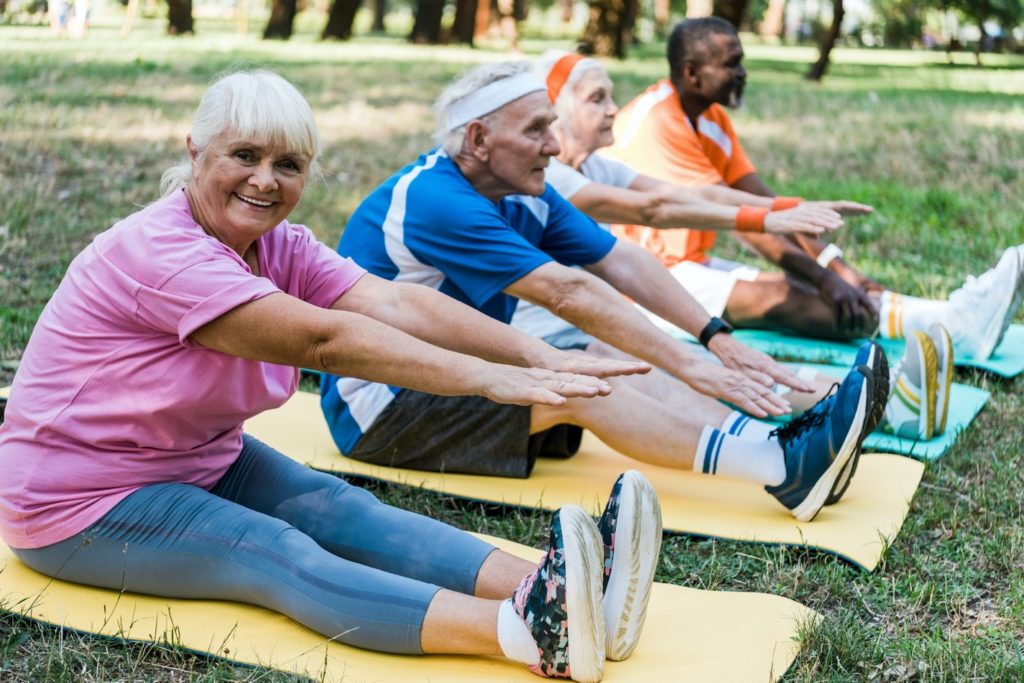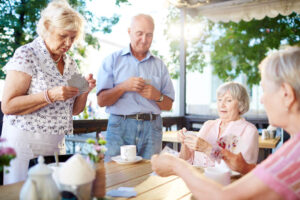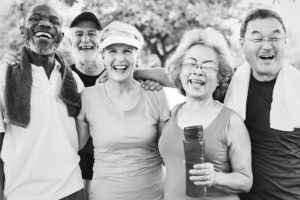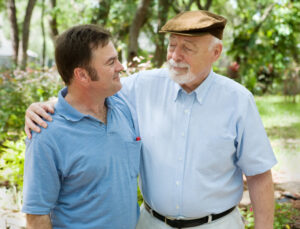What’s your first reaction when you hear the word “exercise”? Does it make you envision long, intensive, sweaty gym sessions where pain is your constant companion? If you are an older adult, your first reaction may be negative, but exercise comes in many forms. You just need to find your version.
It may shock you to learn as little as 10-15 minutes of daily physical activity can profoundly benefit not only your physical health, but also your mental health.

Exercise Benefits Your Physical and Mental Health
People tend to think of the physical benefits associated with exercise, such as the following:
- Increasing your cardio output
- Managing your weight better
- Strengthening your bones and muscles
- Improving your stamina
- Improving your balance
- Improving your sleep
- Reducing inflammation in your joints
- Increasing your resistance to disease
While all of this is true, exercise can also improve your mental health. For instance, consider the following:
- Exercise boosts your mood.
- It improves your self-esteem.
- It calms you.
- It distracts you from negative thoughts.
- It helps you deal with stress, depression and anxiety.
- It gives you a sense of well-being.
- It helps you combat PTSD caused by experiencing a traumatic event.
- It releases endorphins, the powerful chemicals in your brain that make you feel good.
- It improves your focus, concentration and memory.
Obstacles to Exercise
Even if you believe that exercise will improve your physical and mental health, you still may find it difficult to take that first step toward self-improvement. Some of the main reasons why older adults fail to exercise include the following:
- You feel exhausted all the time.
- You experience aches and pains.
- You feel bad about yourself.
- You feel overwhelmed by your current life situation.
- You feel hopeless about improving your life.
Tips for Starting an Exercise Program for You
Instead of thinking of all the reasons why you can’t exercise, think about what you like to do and when and how you can do it. For instance, think about the following:
- Start small. Gym membership not required. Your own home and neighborhood provide plenty of exercise opportunities. And if your body tells you to stop after 10-15 minutes, listen to it and stop.
- Find the right time of day for you. If you’ve never been a morning person, trying to start your day with exercise is a sure way to fail.
- Find your fit. If the idea of jogging or weight lifting completely turns you off, try dancing or swimming or walking.
- Friends make it better. You’ll find exercise more enjoyable when you do it with a friend, neighbor or family member. This also gives you more motivation to continue exercising long-term.
- Reward yourself. Give yourself a treat after you finish exercising, such as enjoying a long, decadent soak in the tub, vegging out in front of the TV while eating your favorite healthy snack, or buying your favorite latte or other concoction at your local coffee house or diner.
At Elder Care Alliance, all of our California senior living communities provide several incredible amenities, including exercise and wellness programs that help you live an active, healthy and engaging lifestyle.




















